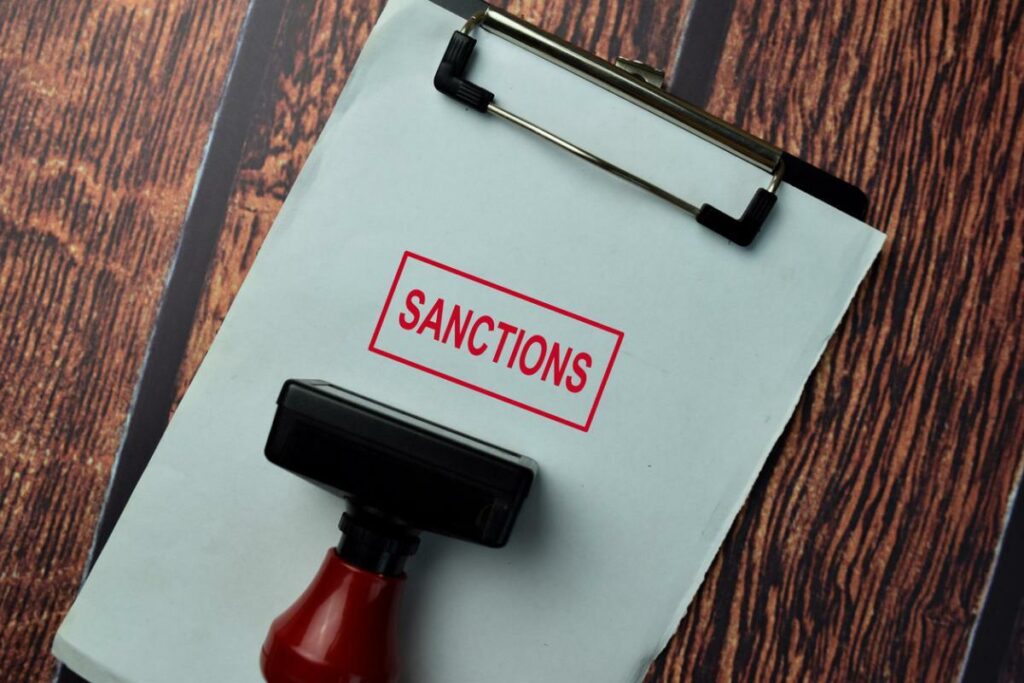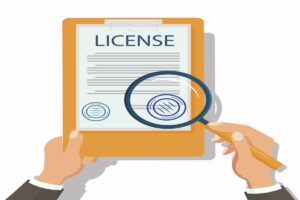The Texas Physician Assistant Board (the Board) licenses and regulates Texas physician assistants (PAs). The Board is a part of the Texas Medical Board, a larger state agency. As part of its duties, the Board receives complaints about PAs, investigates those complaints, and brings formal disciplinary action against PAs as needed. Obtaining experienced legal counsel to represent your interests in disciplinary proceedings before the Board can be a significant step in reaching a positive outcome in your case. Therefore, if you are facing disciplinary investigations, complaints, or formal proceedings before the Board, you should consult a physician assistant license attorney for help.
Disciplinary Actions Against PAs
Under 22 Tex. Admin. Code §185.20, the Board can take disciplinary action against PAs using the same procedures that the TMB generally takes against physicians and other medical professionals it licenses and regulates. 22 Tex. Admin. Code §185.17 outlines various grounds that justify disciplinary action against PAs.
Furthermore, Tex. Occ. Code §204.302 provides that the Board may take action against a licensed PA who engages in conduct related to fraud or misrepresentation, such as acting in an unprofessional or dishonorable manner that is likely to deceive, defraud, or injure the public or fraudulently or deceptively using their license. Tex. Occ. Code §204.303 provides for Board action when a PA engages in illegal conduct and Tex. Occ. Code §204.304 outlines actionable conduct that indicates a lack of fitness to practice as a PA. Examples of a lack of fitness to practice as a PA include:
- Having a mental or physical condition that render them unable to practice as a PA safely;
- Committing an act of moral turpitude;
- Having repeated or recurring meritorious healthcare liability claims that are evidence of professional incompetence likely to harm the public; and
- Sexually abusing or exploiting another person through their practice as a PA.
Sanctions Resulting from Disciplinary Actions Against PAs
The Board can impose various sanctions against PAs in disciplinary proceedings, just as in disciplinary proceedings against other medical professionals. Potential sanctions include administrative penalties, license suspensions, probated license suspensions, and revocations.
Click to contact our professional license defense lawyers today
Furthermore, under Tex. Occ. Code §204.311, a three-member disciplinary panel of the Board may temporarily suspend a PA’s license if the evidence shows that the person continuing to practice would constitute a continuing threat to the public welfare. The temporary suspension may occur without hearing or notice if initiated simultaneously with the proceedings for a hearing before the Board, and a hearing is held after that as soon as possible.
Aggravating and Mitigating Factors in Determining Sanctions
Complete a Case Evaluation form now
The Board utilizes certain aggravating and mitigating factors to determine the appropriateness of sanctions in disciplinary proceedings under 22 Tex. Admin. Code §190.15, just as it does in proceedings concerning physicians and other medical professionals. Board staff has the burden of proving aggravating factors in a case, which include:
- Harm to one or more patients;
- Severity of patient harm;
- One or more violations that involve more than one patient;
- Economic harm to any individual or entity and the severity of such harm;
- Increased potential for harm to the public;
- Attempted concealment of the act constituting a violation;
- Intentional, premeditated, knowing, or grossly negligent act constituting a violation;
- Prior similar violations;
- Previous disciplinary action by the board, any government agency, peer review organization, or health care entity;
- Violation of a board order; and
- Other relevant circumstances increasing the seriousness of the misconduct.
However, the licensee has the burden of providing the existence of any mitigating factors:
- Self-reported and voluntary admissions of violation(s);
- Implementation of remedial measures to correct or mitigate harm from the violation(s);
- Acknowledgment of wrongdoing and willingness to cooperate with the board, as evidenced by the acceptance of an Agreed Order;
- Rehabilitative potential;
- Prior community service and present value to the community; and
- Other relevant circumstances reducing the seriousness of or lessening responsibility for the misconduct.
Administrative Penalties
Under 22 Tex. Admin. Code § 185.19, the Board may impose an administrative penalty just as it does for other medical professionals in disciplinary proceedings as per 22 Tex. Admin. Code §§187.75 – 187.82.
More specifically, the Board must notify the licensed PA concerning the allegations and state the administrative penalty to be imposed. The licensee has 30 days to pay the penalty, file a written response, or request a personal appearance before the Board. The Board will consider any written responses at its next regularly scheduled meeting. If the licensee requests a personal appearance before the Board, it will schedule an informal settlement conference to discuss whether to impose the administrative penalty. If the licensee fails to respond within 30 days, the Board can impose the administrative penalty at its next regularly scheduled meeting.
Administrative penalties may not exceed $5,000, but each day a violation continues, it is a separate violation for which the Board can assess a separate penalty. Under Tex. Occ. Code §204.351, the Board must consider the following factors in determining the appropriate amount of the penalty to be imposed:
- The severity of patient harm;
- The severity of economic harm to any person;
- The severity of any environmental harm;
- Increased potential for harm to the public;
- Any attempted concealment of misconduct;
- Any premeditated or intentional misconduct;
- The motive for the violation;
- Prior misconduct of a similar or related nature;
- The license holder’s disciplinary history;
- Prior written warnings or written admonishments from any government agency or official regarding statutes or regulations relating to the misconduct;
- Violation of a board order;
- Failure to implement remedial measures to correct or mitigate harm from the misconduct;
- Lack of rehabilitative potential or likelihood of future misconduct of a similar nature;
- Relevant circumstances increasing the seriousness of the misconduct; and
- Any other matter that justice may require.
We Can Advocate on Your Behalf in Proceedings Before the TSBDE
The physician assistant license lawyers of Bertolino LLP can help guide you through the disciplinary complaint process. No matter what allegations you face, we are here to represent your interests and work to minimize the negative effects of a complaint on your license and career. We can help resolve the case against you and maintain your dental license. Call us today at (512) 515-9518 to reach the offices of Bertolino LLP or contact us online.
Call or text (512) 476-5757 or complete a Case Evaluation form






